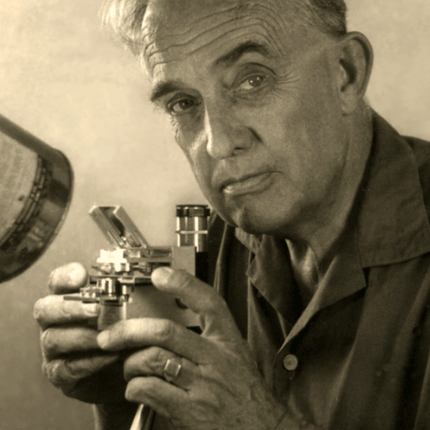Dr Robert Cochrane - TLM Hero
Dr Robert Cochrane - TLM Hero
Medical Researcher and leprologist, British

Dr Robert ‘Bob’ Cochrane (1899-1985) was an academic who ‘literally wrote the book on leprosy’ (specifically one of the first major textbooks on the disease), and is credited with bringing leprosy into the mainstream of medicine, encouraging clinicians and researchers to study it. Robert was born in China to missionary parents, and trained in medicine at the University of Glasgow and the London School of Hygiene and Tropical Medicine.
He was appointed Medical Secretary to The Leprosy Mission and relocated to India, working at Purulia Hospital and travelling to all the leprosy institutions in India and Burma for a world leprosy survey. At this point he parted ways with the Mission, but the rest of his career was dedicated to leprosy treatment and advocacy around the world. In 1945, Cochrane studied the use of sulfone derivatives in India and was the first to use dapsone in the treatment of leprosy – which informed treatments still used today.
Having helped to form the International Leprosy Association, Cochrane returned to England in 1951 to take up various positions including as a consultant adviser in leprosy to the British Ministry of Health. He also founded the Leprosy Research Trust (later renamed the Leprosy Study Centre), with support from the Wellcome Trust.
A persuasive and forceful character, Robert advised many governments and missions on their leprosy programmes, and was awarded the Kaiser-i-Hind medal in gold, first class, for his work in India. He was a friend of Gandhi and other political leaders.
The Robert Cochrane Fund for Leprosy, administered by the Royal Society of Tropical Medicine and Hygiene, was established to provide bursaries to young leprosy researchers in his honour. The Cochrane Annex at the Slade Hospital, Oxford, is also named in his honour. His son, Ian, followed in his footsteps.